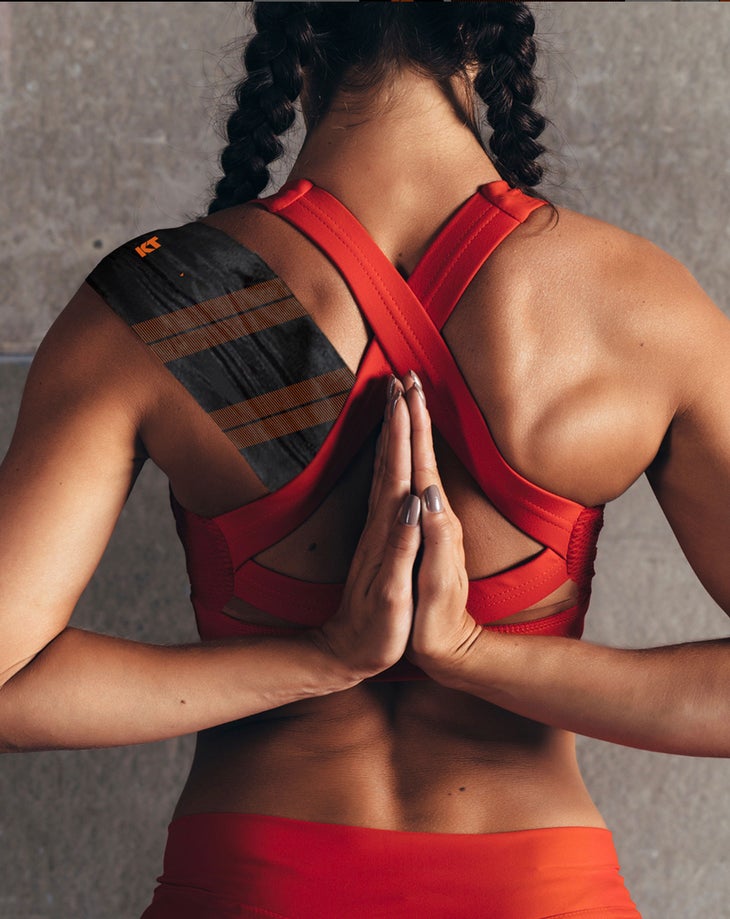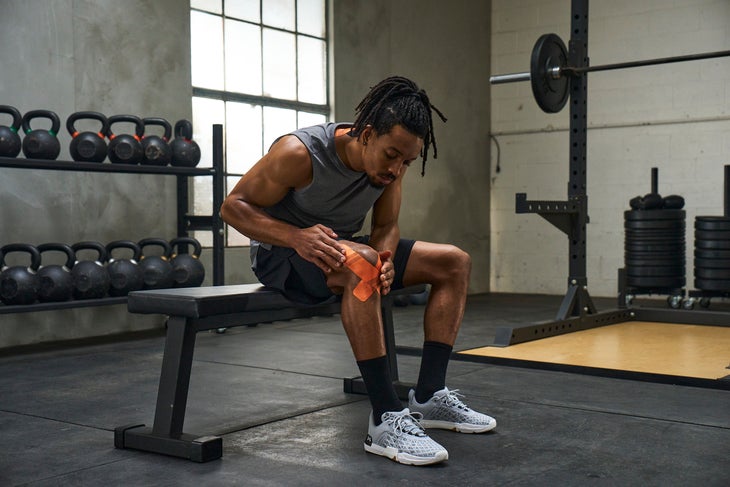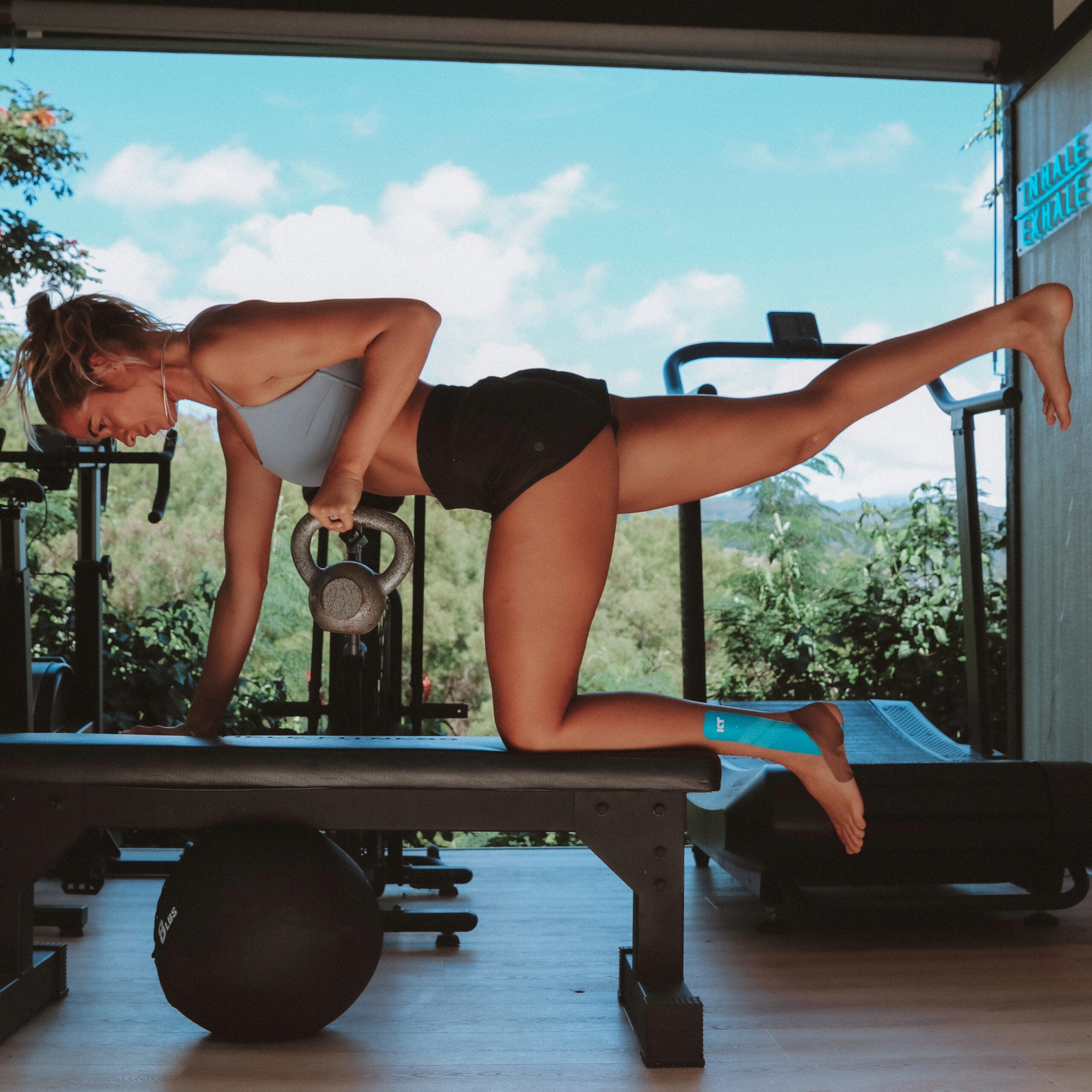The most overlooked part of every training program? Motivation. ItŌĆÖs the key to showing up, pushing through your plateau, and making big gains in performance. But staying motivated is easier said than done. ThatŌĆÖs why we talked to coaches and athletes and training experts and got their top tips on getting your mental game in shape. Put their advice into action, and thereŌĆÖs no limit to what you can achieve.
Choose a Just-Right Goal
Beginning a fitness routine without a clear goal in mind is like setting off on an expedition without a mapŌĆöeven with the best of intentions, thereŌĆÖs just no telling where youŌĆÖll end up. Instead, pick a measurable objective, like a personal record in a 5K, completing a century ride, or competing in your first triathlon. Your goal should be a stretch, but still feel attainable.
Keep It Personal
“Almost anybody with the proper training and mindset can accomplish big goals,ŌĆØ says cycling coach Kristen Bonkoski. But keep your goals personal, like finishing your first half-marathon or beating your previous pace. ŌĆ£What you donŌĆÖt want to do is set goals based on other people, like ŌĆśfinish in the top 20,ŌĆÖŌĆØ Bonkoski says.
Expand Your Goal Setting
DonŌĆÖt be afraid to include mental goals, says Brianna Cope, a pro surfer, avid runner, and ambassador for KT Tape. For example, in CopeŌĆÖs last marathon, her goal was to squash the negative self-talk that plagued her in past races. Also consider social goals, like running a 10K with a friend or family member, or joining a group ride on a new route.

Set a Schedule
Whatever your goal, youŌĆÖll also need a deadline. How long it will take you to train depends on your current fitness level, but six to eight weeks is reasonable for a shorter-distance goal, like your first 10K. For longer distances or bigger reaches, give yourself more like 16 weeks. Setting a realistic schedule helps with motivation because youŌĆÖre less likely to get discouraged by what seems like an impossible task.
Stick With It
Everybody has moments when enthusiasm wanes. ThatŌĆÖs normal. But you can prevent these moments from undermining your training. Try connecting with a trainer, friend, or local clubŌĆöitŌĆÖs harder to bail when someone is expecting you. Calendar out your workouts for the week to make sure a day doesnŌĆÖt get away from you. Lay out your gear the night before your workout so youŌĆÖre ready to go when itŌĆÖs training time.
Embrace Recovery
A surefire way to sap your motivation? Working out too much. Your body needs recovery time to build strength between workouts, and without it, youŌĆÖre more likely to feel tired and sore, and suffer the kind of mental fatigue that keeps you home on the days you should be going hard. HereŌĆÖs how to best incorporate rest into your training.
- Take at least one rest day per week, maybe two. For athletes who are training hard, Bonkoski also builds in a rest week every month, with much reduced effort.
- DonŌĆÖt confuse ŌĆ£rest dayŌĆØ with ŌĆ£spend the whole day on the couch.ŌĆØ If it feels good, try a more mellow activity: swimming, yoga, a walk with a friend. This kind of ŌĆ£active recoveryŌĆØ keeps blood flowing, helping flush out the waste products youŌĆÖve created during exercise and aiding in muscle repair.
- Take care of the basics. Get at least 8 hours of sleep; eat fruits, veggies, and complex carbs to refill your bodyŌĆÖs stores; and hydrate, hydrate, hydrate.
Boost Recovery
Tape It: Many athletes and trainers swear by kinesiology tape for sore or painful spots. ŌĆ£Tape allows more blood flow to the area, which can increase recovery,ŌĆØ says , a sports chiropractor and KT Tape ambassador. With , you get flexible support that maintains full mobility and is long-lasting (wear it for up to seven days). Reducing post-workout soreness helps you feel your best for your next effort, and helps keep you on track to reach your goals.

Cool It: For decades, sore athletes have reached for an ice pack to help reduce post-exercise pain. Icing is popular because it reduces swelling and relieves painŌĆöbut you can do better than sticking a bag of frozen peas on an achy joint. The is a reusable, flexible compression sleeve that comes in three sizes for comfortable use everywhere from knees to elbows to ankles. ThereŌĆÖs no leaking, sliding around, or warming up too quickly: Just store it in the freezer and slide it on after a workout.
Since 2008, has been revolutionizing the sports medicine industry with the most technologically advanced and recognized kinesiology tape and recovery products. KT Tape kinesiology tape provides localized increase in blood flow to relieve pain and provide support for muscle pain and common injuries. And now, KT has introduced a line of KT Health products to include topical pain relief, diabetes care, ice/heat treatment, footcare, and more. The purpose of KT is to provide solutions that empower movement to unleash every body’s potential for everyone from everyday athletes to the pros.


